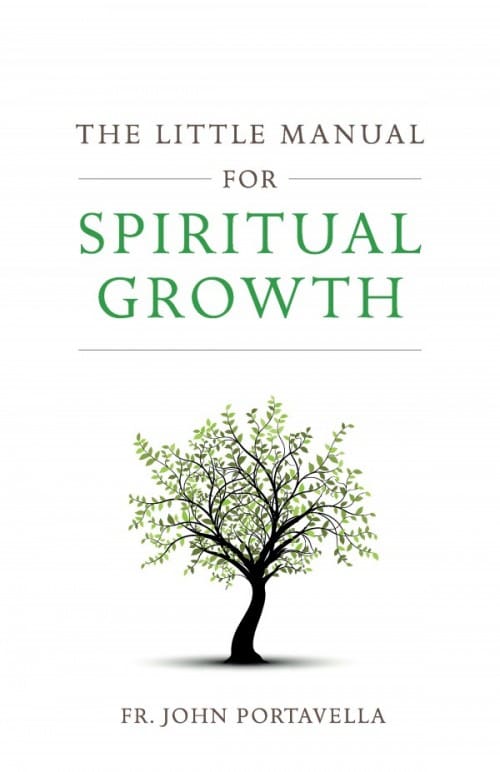Though hidden, God is a loving Father who follows our every action with utmost interest.
A few of our actions are important and consequential according to human standards. Most of them, however, are not. They are ordinary, prosaic; they may be monotonous and even boring. And yet they are potentially very great and truly significant for receiving eternal life. But in order to achieve that, we have to learn to transform these actions into an offering to God, our hidden Father.
When Jesus Christ, the visible image of the invisible God, came to this earth more than twenty centuries ago, He not only redeemed us and regained for us the condition of being loved as adopted children of God; He also taught us the way to transform ordinary things and events in our lives into opportunities to please the Triune God, the hidden Examiner of our endeavors.
When our Lord came to this world, before His public life, He did not work extraordinary feats, except for the episode in the Temple when He was twelve years old (Luke 2:41–50). Most of the time, His life did not differ very much from ours. He acted with naturalness, which corresponds to His condition as “perfect man,” and He liked to refer to Himself as “the son of man.”
If we want to give ordinary things a supernatural value, we have the perfect model in Jesus Christ. He redeemed us not only in His Passion and Death on Mount Calvary but in all His actions,
including the most seemingly unimportant ones.
In a similar manner, we are called to co-redeem with our Lord in all the moments and varying circumstances of our lives. For that, however, we need to unite ourselves to Jesus Christ, and through Him, with Him, and in Him, to do the will of God the Father, with the help of the Holy Spirit. In this way, we can become an
everlasting gift to the Almighty.
To make such a lofty ideal a reality, we need to take concrete steps that will lead us to that high goal. This book attempts to achieve this aim by offering a number of suggestions that might be of help. Practically all of them came from St. Josemaría Escrivá de Balaguer, the founder of Opus Dei, with whom this author had the blessed fortune to reside in Rome from September 1955 to June 1958.
How do I better myself?
The practices in these pages have immensely helped a great number of people from different walks of life in their quest to achieve union with God in the midst of the most ordinary circumstances of life — that is, to make an epic poem out of ordinary life. In line with St. Josemaría’s great love for freedom, however, it is important to emphasize that each person must feel completely free to adopt these suggested practices or to follow different ways on his or her personal, spiritual journey.
Furthermore, these steps are not to be practiced all at once, but step by step, in a way recommended by a prudent spiritual director.
If we have searched for the hidden God and found Him, and more so if we have had the great fortune of discovering Him as revealed in the person of Jesus Christ and His teachings, as authoritatively expounded by the only Church He founded, the Roman Catholic Church, we will have a loving relationship with Him and will help others to do the same.
Meanwhile, as we take the test of this life, God continues to be concealed in shadows. This book hopes to be an aid in our relationship with the hidden Lover. St. Josemaría puts it lucidly when he says, “May you seek Christ, may you find Christ, may you love Christ!”
+
This article is adapted from a chapter in The Little Manual for Spiritual Growth by Fr. John Portavella, which is available from Sophia Institute Press.
Art for this post on Spiritual Growth: Cover and interior images used with permission; Featured image used with permission of Pixabay.
One way to grow spiritually is by practicing the virtues, click HERE.





